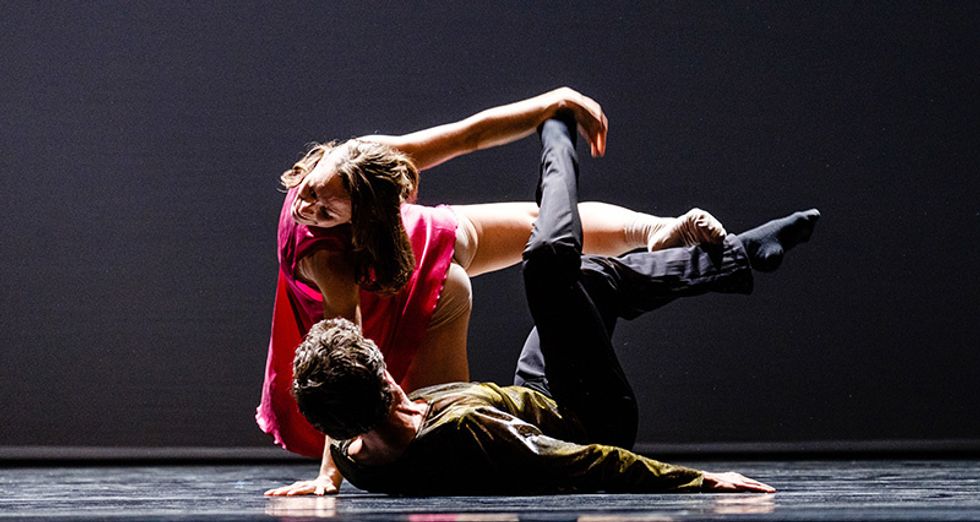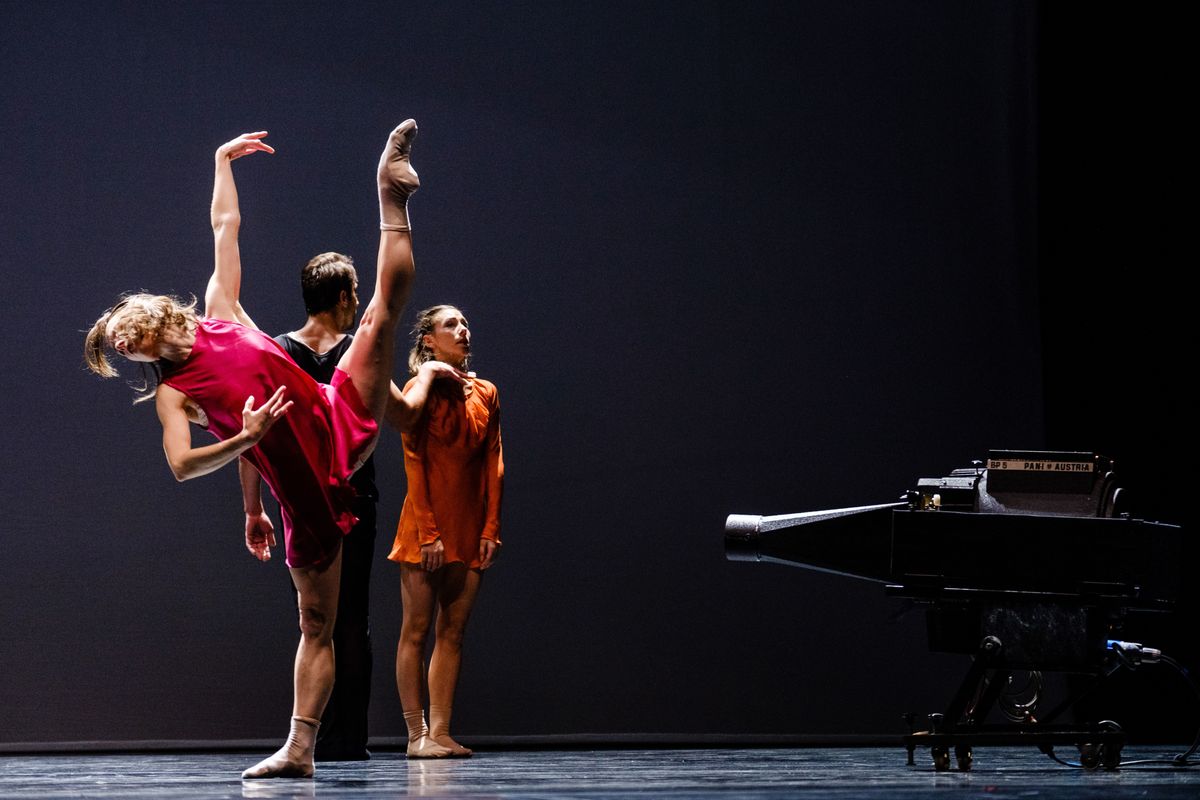Everything You Need to Know to Land a Gig Abroad
When a new director began transforming Atlanta Ballet a couple of years ago, longtime dancer Alessa Rogers decided to finally explore her dream of dancing in Europe. “I always had this wanderlust,” she says. She wasn’t set on a particular city or company, but thought learning French would be fun. She began her research that September, making note of repertoire and the number of dancers as well as which companies employed foreign, non–European Union dancers. “I saw that Ballet du Rhin was looking for dancers,” says Rogers. “They also had a new director coming in, so I thought it could be an opportunity.” After sending a video, Rogers traveled during her layoff week to take company class. She was offered a job on the spot.
Uprooting and moving out of the country, far away from your support system, language and customs, is not something to take lightly. While it can push you as an artist and be an exciting opportunity for personal growth, working as a dancer in a foreign country comes with its challenges. Lots of research and an adventurous spirit are required.
Is Going Abroad Right For You?
Making the choice to become an expat requires weighing the pros and cons: While working abroad means time away from friends and family as well as adjusting to a new culture, it also can mean a longer contract and better touring opportunities, not to mention performing in historic opera houses around the world.

PC Agathe Poupeney, Courtesy Ballet du Rhin
Rogers has found artistic value in a new way of working, thanks to government funding models in Europe that often give companies more money and flexibility. “In America we have the time-is-money-let’s-bash-it-out mentality,” says Rogers. “But European companies really take time with things, and you can tell how precious the details are.”
Try to get a sense of the country and company’s culture if you visit to audition, and use your connections to do further research. After her audition, friends of friends put Rogers in contact with former and current dancers. “I was asking myself, ‘Should I move to a company I have never really heard of?’ They were pivotal in helping me make my decision to go.”
How to Survive the Culture Shock
Yasmin Mahmoud joined Batsheva’s The Young Ensemble as an apprentice after gaining Gaga experience dancing for LeeSaar The Company and Ate9 in the U.S. Though she was physically ready, the move to Israel has not been simple. She is of Arab-Egyptian descent, and some family members have had a difficult time understanding why she would relocate there. Yet, tricky geopolitics aside, she has felt welcomed and safe. “People are warm and very direct,” says Mahmoud, “and when the vibe is right in the studio, there is a great sense of humor.” Cultural differences won’t always be extreme, but they will be present, and the familiarity of the dance studio can help you adjust.

Yasmin Mamoud. PC Hadar Stav, Courtesy Batsheva
Language is often the most obvious hurdle. Outside of the studio, Rogers studies French three hours a day and hires a tutor most weeks. “I have had to get good at seeing corrections,” she says. “When I really can’t understand, I will go to more veteran dancers and ask for help. You have to be self-motivated.”




